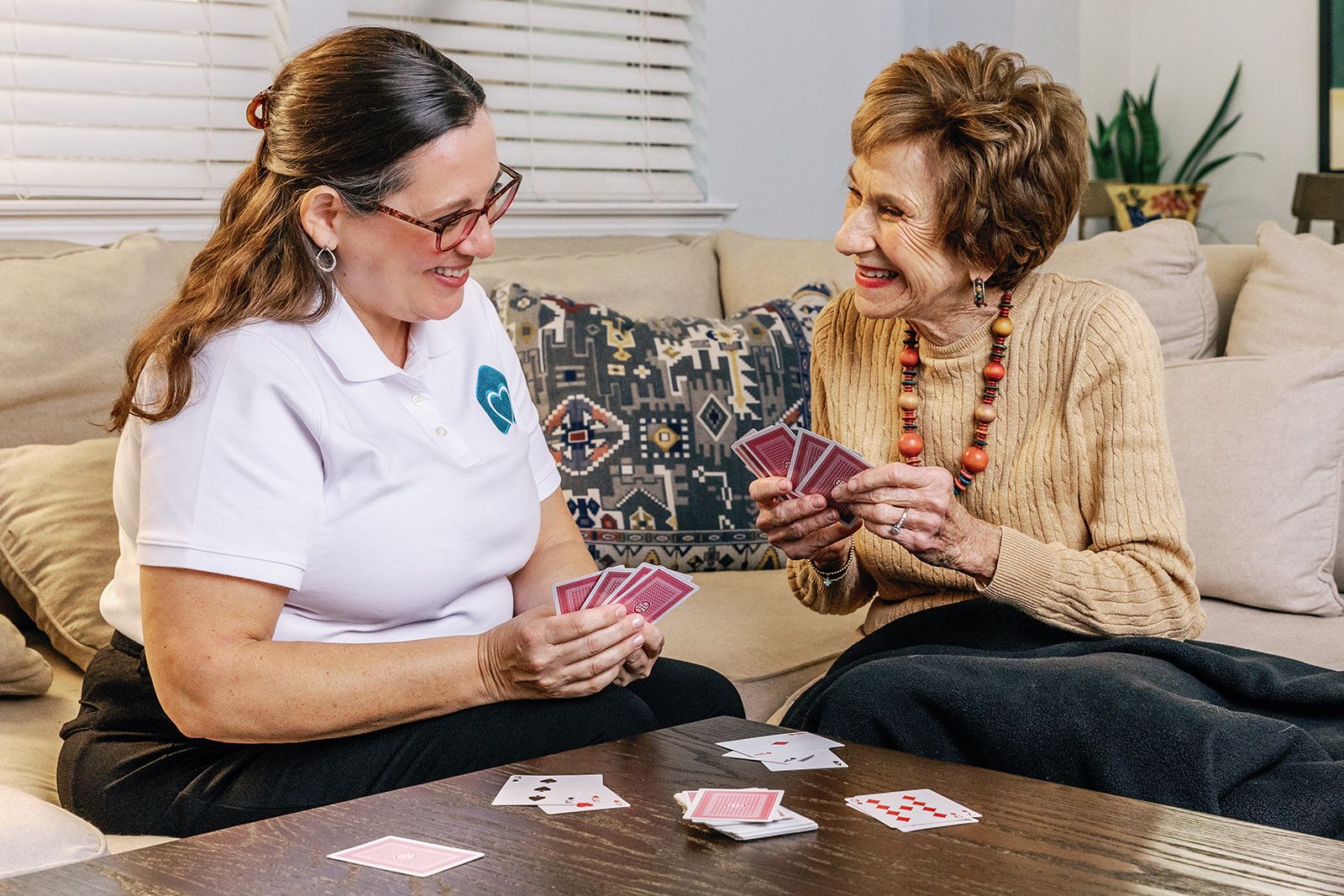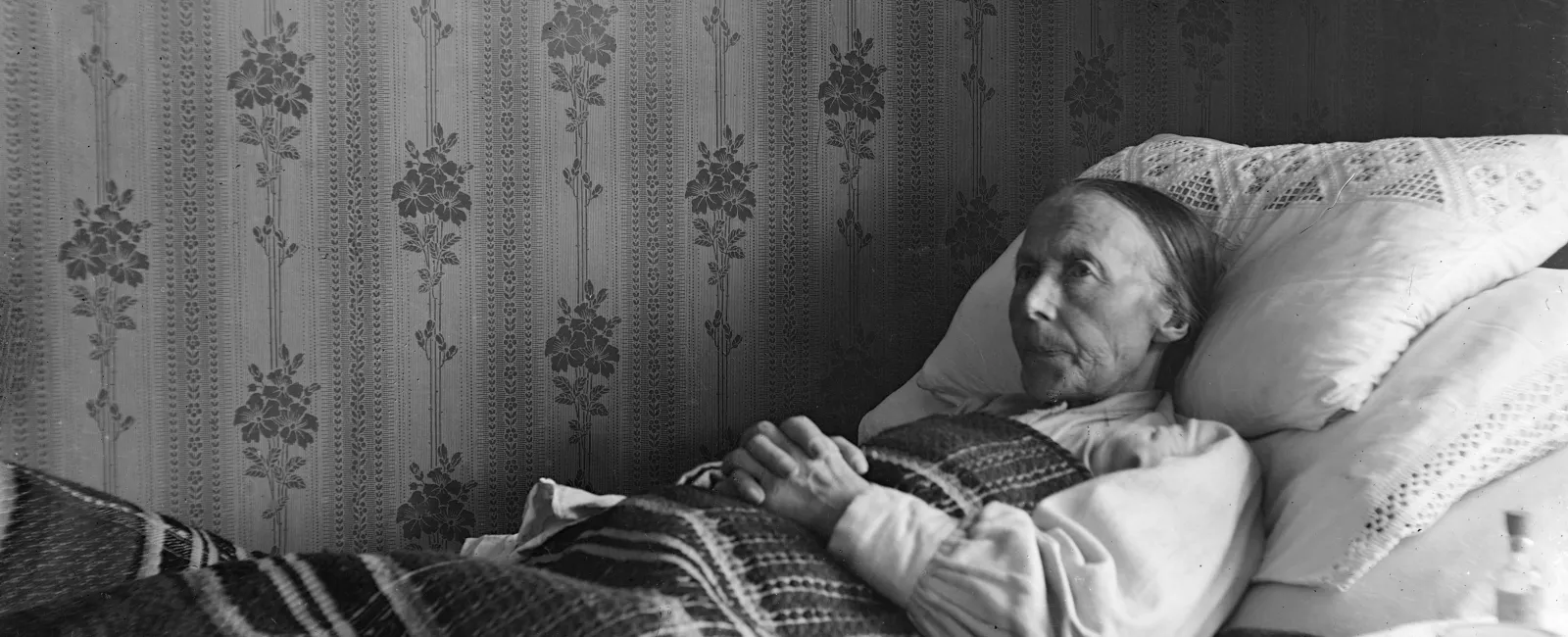When it comes to taking care of aging loved ones, safety isn't a nice-to-have—it's everything. And for many families, that leads to the big question: is home care really safer than a nursing home?
At 4 Seasons Home Care, we've supported hundreds of Atlanta families who were facing this exact decision. What we've learned—time and time again—is that home care doesn't just feel better. In many cases, it is better. Safer. More personal. And often, more effective. Here's why.
Table of Contents
The Safety Question: Why It Matters
When choosing care, most families focus on physical safety—and for good reason. But safety also includes emotional security, consistency of care, and even the risk of loneliness or confusion in unfamiliar environments.
Traditional care facilities often offer a clinical approach with multiple residents, rotating staff, and shared spaces. Home care offers something different: continuity, familiarity, and a setting where your loved one stays in control of their routine and surroundings.
Infection Risks in Facilities vs. At Home
The pandemic put this issue under a magnifying glass, but it's always been true: nursing homes and long-term care facilities carry higher infection risks simply because of shared spaces, shared staff, and close contact between residents.
In-home care drastically reduces exposure to contagious illnesses. With a dedicated caregiver—and no cafeteria, common bathroom, or shared hallway—your loved one is simply safer from avoidable infections.

Fall Prevention and Supervision
In nursing homes, staff-to-patient ratios are often stretched thin. That means seniors who are at risk of falls may not get the one-on-one help they need during moments like getting out of bed, using the restroom, or navigating a hallway.
With home care, your loved one gets tailored support—someone to assist them with movement, transfers, and balance as often as needed. And because they're in a familiar space, they're less likely to trip over unfamiliar furniture or slick floors.
Staffing, Burnout, and Attention
Nursing homes often face high turnover and caregiver burnout, leading to gaps in attention and inconsistent care. Unfortunately, that can directly impact safety—missed medications, overlooked symptoms, or missed red flags.
At 4 Seasons, our caregivers are consistent. That means stronger relationships, better communication, and someone who notices the small things—like when Mom isn't eating like usual or when Dad seems off balance today.
TAKE OUR QUIZ: Are You Prepared For Home Care?
Mental & Emotional Safety
Emotional well-being is just as important as physical safety. Studies show that seniors receiving care at home often experience less anxiety, less depression, and a stronger sense of autonomy than those living in facilities.
Why? Because being home is grounding. Surrounded by their own furniture, routines, and memories, seniors feel more connected to themselves and their lives. That's a kind of safety you can't replicate in a shared room down the hall.
Home Care vs. Nursing Homes: Side-by-Side Comparison
| Feature | Home Care | Nursing Home |
|---|---|---|
| Infection Risk | Low - 1-on-1 care, no shared spaces | High - shared rooms, bathrooms, staff |
| Staff Consistency | High - same caregiver(s) regularly | Low - frequent staff turnover, rotation |
| Fall Prevention | Personalized support at home | Delayed response due to staff ratio |
| Emotional Well-being | High - familiar environment, autonomy | Often lower - institutional setting |
| Cost | Hourly and flexible plans | Flat monthly fee, often higher overall |
| Care Flexibility | Customized to daily schedule & needs | Standardized routines across residents |
Your Family Deserves Safe, Personal Care
If you're weighing the options between home care and facility care, know this: your decision doesn't have to feel overwhelming. At 4 Seasons Home Care, we'll walk you through every option and help create a care plan that puts safety, comfort, and dignity first.
Reach out today for a free consultation, and let's find a safer way forward—together.
